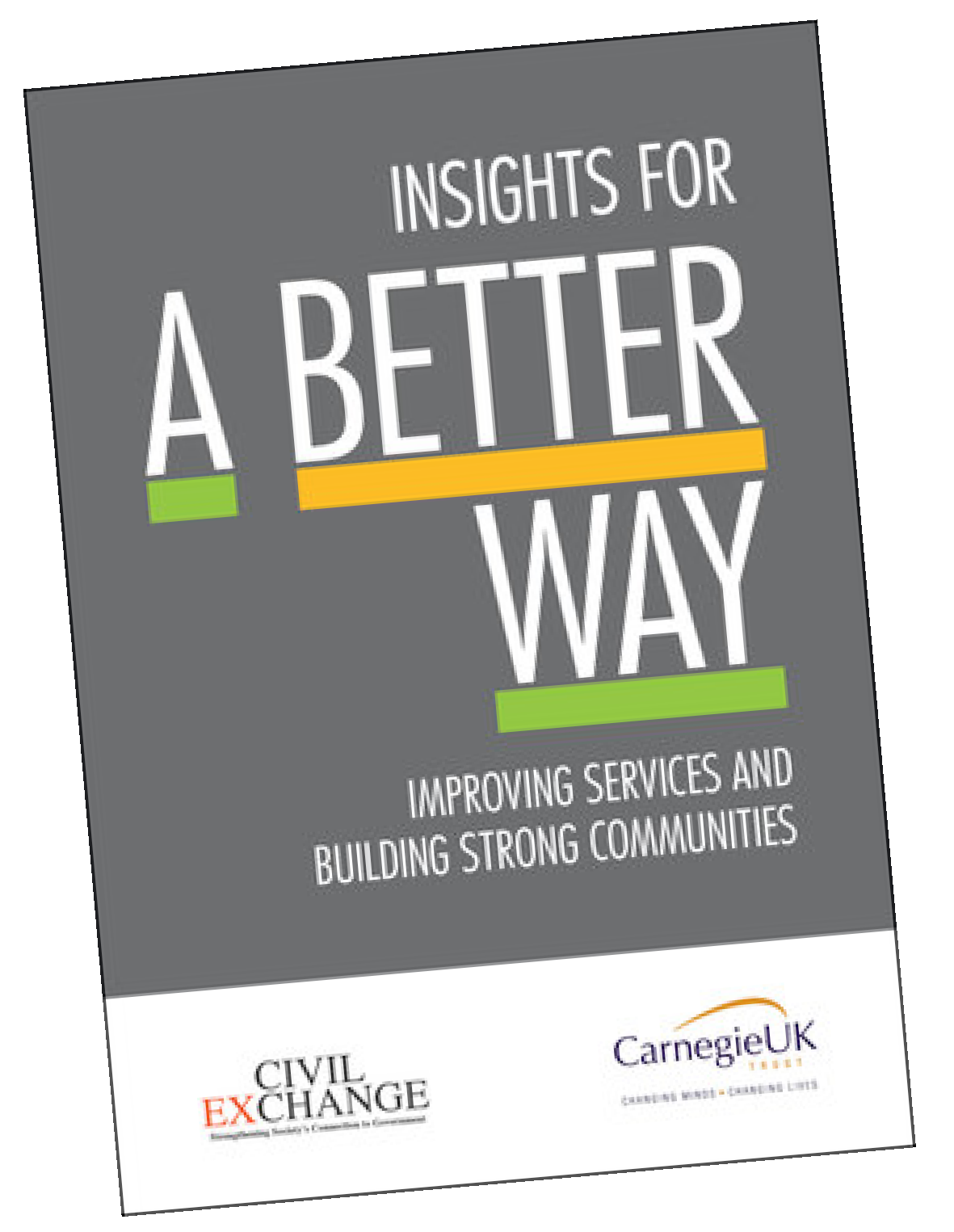Changing ourselves is better than demanding change from others
The best starting point is what we ourselves can do, putting the common good first and our vested interests last. The more we achieve, the more others will follow.
The evidence for changing ourselves
In 2017 we spent some time looking at this. Here is what we found:
Insights from our members and others
We've published a collection of essays about this and other propositions which show how our members and others are putting this into practice. Here's what they have to say on changing ourselves.
What Better Way members say
Caroline Slocock in her blog, "We are the leaders we've been waiting for," argues that we cannot wait for others to lead the way but must take the initiative ourselves, saying that leadership is all the better for being shared, pointing to changes that have been achieved in the past through collective leadership, such as the abolition of slavery. Exercising this model of distributed leadership means sharing power as leaders with those who are sometimes treated simply as passive recipients of services, she adds.
At a Better Way cell discussion in London, it was argued that the currency of the voluntary sector, and indeed the Better Way network, is relationships, building trust amongst ourselves and with others that generates social capital, inspires innovative thinking and action and creates social value. This way of operating runs counter to a tendency in current social policy and indeed in the voluntary sector to characterise its activities as addressing social problems - "doing to," rather than "doing with."
Kathy Evans in The Charity Times throws a challenge to the voluntary sector to go out and build greater trust within society by changing things for the better, against a background of what she calls an emerging "Trust Crash," rather than simply focusing inwardly on seeking to create greater trust in itself amongst the public.
In a discussion about co-production, another Better Way cell concluded that the essence of good co-production is about giving power to those who in the past have been seen as simply recipients, a massive shift away from command and control and a real challenge to traditional models of leadership. One example given was a homeless charity no longer making a risk assessment of a homeless person but asking them "What do you want to do?" One litmus test of real co-production would be who in the end decides, the "user" or the "producer" of services, where agreement cannot be reached.

